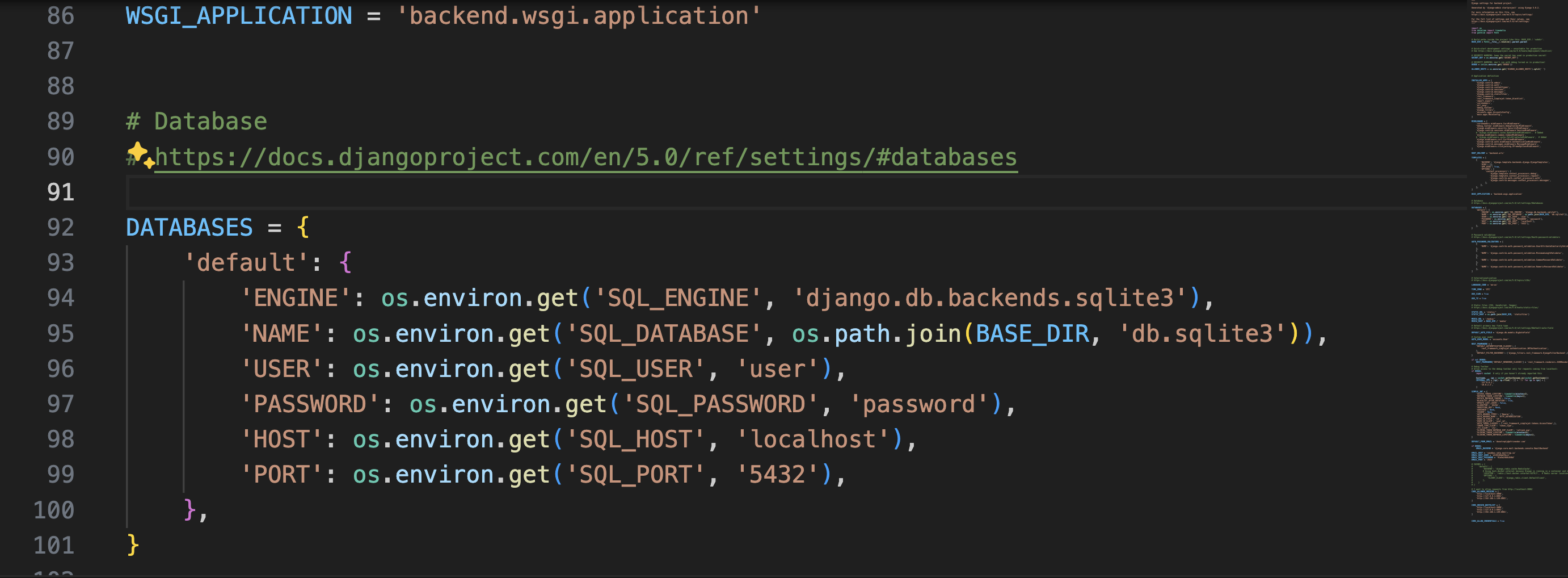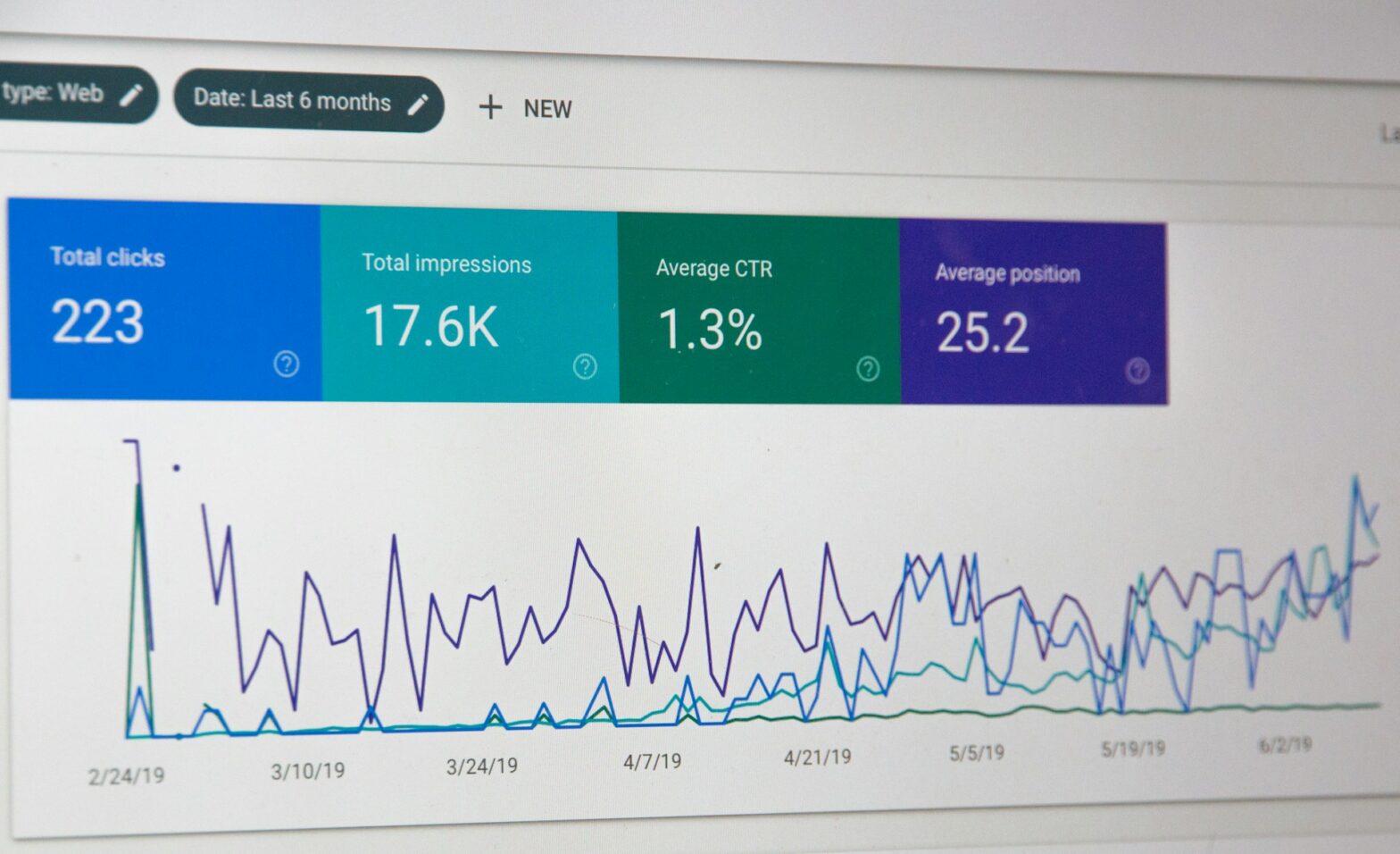Installing and running Docker: If you do not already have Docker installed on your computer, you should install it. Go to https://www.docker.com/products/docker-desktop/ and install the Docker Desktop software for your system. I already have it installed. Start the Docker Desktop app on your system. Creating the Dockerfile: Create a file called ./backend/Dockerfile and add the…
Category: Engineering
Dockerizing a Django Project (part 1)
In this tutorial, I will show you how to dockerise a Django project. After completing it, you will have a base for your future Django projects. Assumptions: This is not an introductory Django course so I am assuming that: You have a working knowledge of the Django framework and the Python programming language. You are…
Revolutionising Healthcare: The Role of Artificial Intelligence
Artificial Intelligence (AI) has emerged as a transformative force in healthcare, revolutionising the way medical services are delivered, diagnoses are made, and patient outcomes are improved. By leveraging advanced algorithms, machine learning, and predictive analytics, AI empowers healthcare providers with the ability to analyse vast amounts of data, identify patterns, and make data-driven decisions in…
Navigating Product Ownership in Remote Teams: Strategies for Success
As remote work becomes increasingly prevalent, product owners must adapt their practices to effectively lead distributed teams. Product ownership in remote settings presents unique challenges, including communication barriers, collaboration hurdles, and maintaining team morale from a distance. In this article, we’ll explore insights and best practices for product owners to navigate these challenges and foster…
Embracing Iteration: The Key to Successful Product Development
In the realm of product development, where uncertainty is inevitable and user needs are constantly evolving, adopting an iterative approach is essential for success. Iterative product development involves building, testing, and refining products in successive cycles, incorporating feedback and insights from users along the way. In this article, we’ll explore the benefits of iterative product…
Interoperability in Health Informatics: Breaking Down Data Silos for Seamless Care Delivery
In the complex landscape of healthcare, interoperability stands as a critical enabler for delivering seamless and patient-centered care. Interoperability in health informatics refers to the ability of diverse healthcare systems and applications to exchange, interpret, and use data seamlessly across organisational boundaries. By breaking down data silos and facilitating the seamless flow of information, interoperability…
The Power of Cross-Functional Collaboration in Product Delivery
In the dynamic world of product development, success hinges not only on the brilliance of individual team members but also on the synergy and collaboration among different functions. Cross-functional collaboration brings together diverse perspectives, expertise, and skills to drive innovation, mitigate risks, and deliver products that delight customers. In this article, we’ll explore the importance…
Telemedicine: Bridging Healthcare Access Gaps
Telemedicine has emerged as a transformative solution to address disparities in healthcare access, particularly for individuals facing geographical, financial, or logistical barriers. By leveraging digital technologies to deliver remote medical services, telemedicine facilitates timely access to healthcare providers, enhances patient convenience, and improves healthcare outcomes. In this article, we explore how telemedicine is bridging gaps…
Deciphering Success: Product Metrics and KPIs Demystified
In the ever-evolving landscape of product management, data-driven decision-making reigns supreme. Product metrics and Key Performance Indicators (KPIs) serve as the compass that guides product development efforts, enabling teams to track progress, measure success, and make informed decisions. In this article, we’ll explore the importance of product metrics and KPIs, how to identify them, and…
Safeguarding Patient Confidentiality: Ensuring Data Privacy and Security in Digital Health
In the digital age of healthcare, where vast amounts of sensitive patient information are stored, transmitted, and analysed electronically, ensuring data privacy and security is paramount. Patients entrust healthcare providers and organisations with their most intimate health details, expecting confidentiality and protection of their personal health information. However, the proliferation of digital health technologies, electronic…








